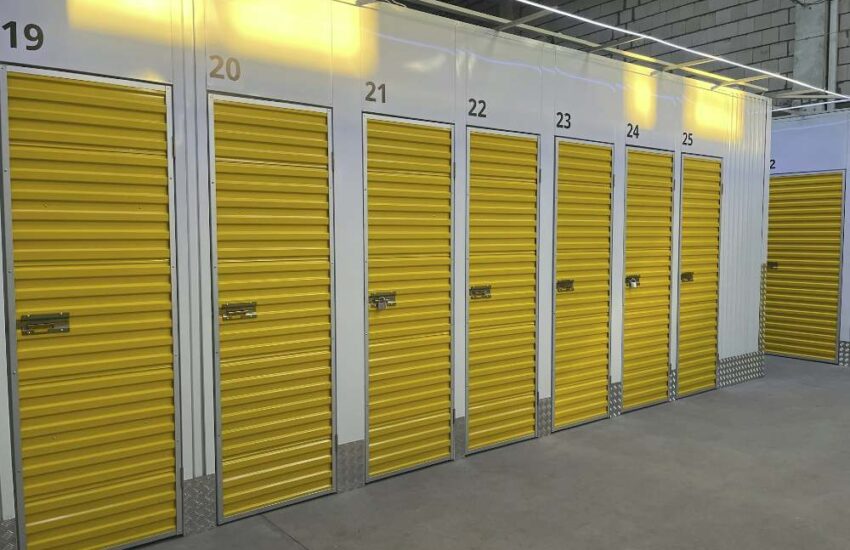Things to Bear in Mind when Relocating for Work
If you live in a country that doesn’t offer you the kind of professional opportunities you’re looking for, then you always have the option of moving elsewhere. Relocating abroad has never been more popular, with economic migration now at unprecedented levels. But it’s something that can throw up challenges – not least of which are the ones faced by the migrants themselves.

What should you have in mind
Let’s examine a few things you’ll want to think about before, and during, your move.
Are you legally entitled to work?
Most countries will place limits on work that can be done by new migrants. This is the purpose of a visa or work permit. These are there to monitor and control the amount of people entering the workforce from abroad, and to make it easier for certain in-demand professionals to migrate.
Expenses
While you might have the opportunity to earn a higher salary in another country, you might also face higher living costs, which counteract the benefits. As such, you’ll want to research your options when it comes to things like accommodation. Are you going to be able to maintain the required standard of living after you’ve made the move, and you’re paying higher rent?
Language
Language barriers might represent a significant obstacle in your journey toward a new career overseas. Of course, if you’re moving to a country that shares the language of your homeland (which, if you’re reading this, is probably English), then this might not be a problem. What’s more, many overseas employers won’t require that you learn a new language at all.
For best results, however, it’s always advisable to learn the ropes of the language in the country you’re staying in. This will make day-to-day life more manageable and less stressful – and you might find that it’s rewarding, too.
Work regulations
Different territories place different legal and cultural policies on workers. You might find that you’re expected to work longer hours, or that your tax obligations are very different, or that there are specific aspects to workplace culture that might catch you off-guard. The best approach here is to visit the new country and conduct your own investigations.
Health and safety
Similarly, different countries have different attitudes when it comes to health and safety. It therefore pays to look after yourself in your job. If your job consists of manual labour, it might be a good idea to research the most appropriate personal protective gadgets for the job, such as gloves or a helmet, rather than waiting for an employer to ask you to do so. You’ll need a community
It’s tough to make a success of it in an unfamiliar country if you’re completely on your own. Look to embed yourself in a new community, which will give you the support you need.


